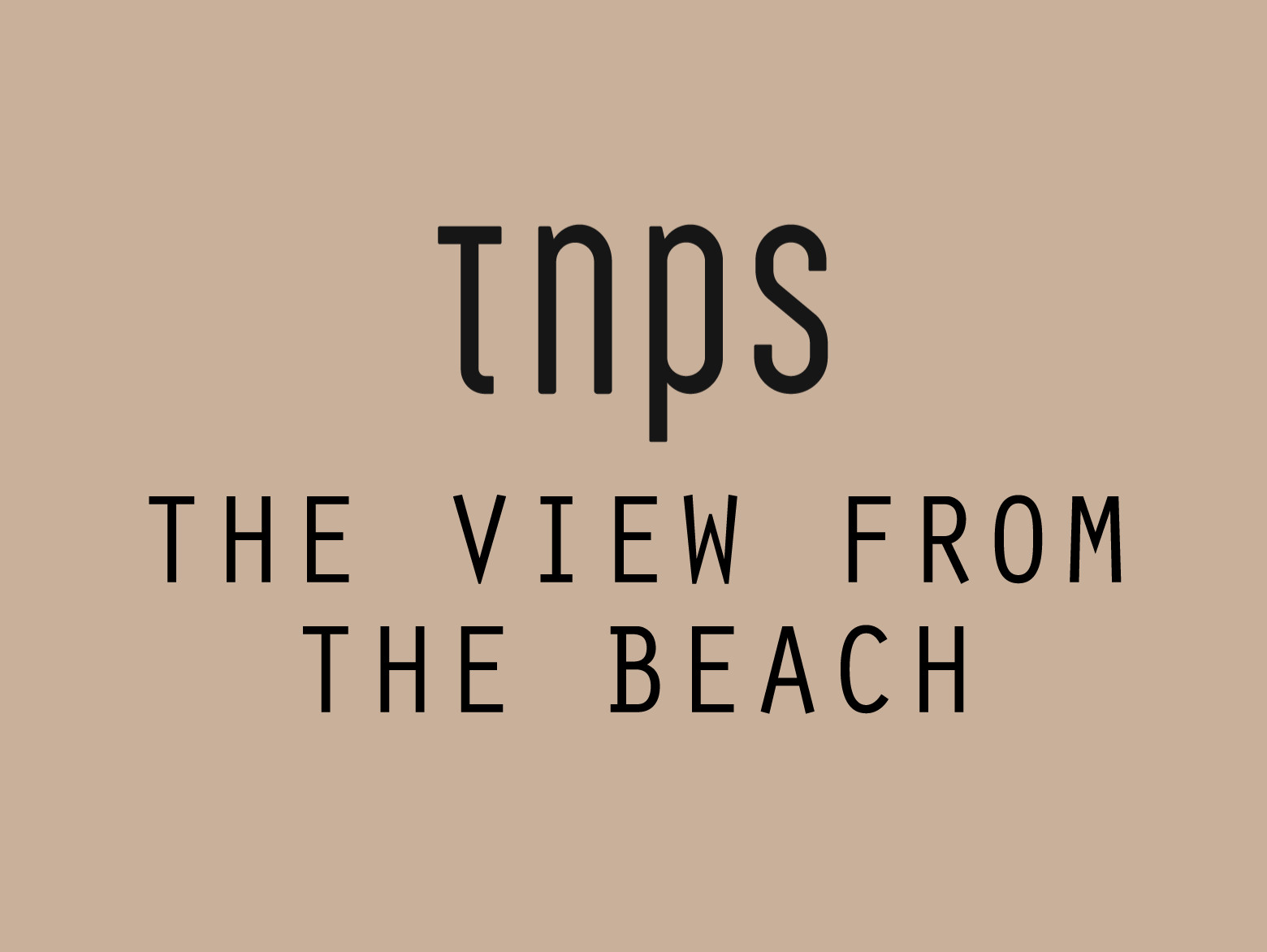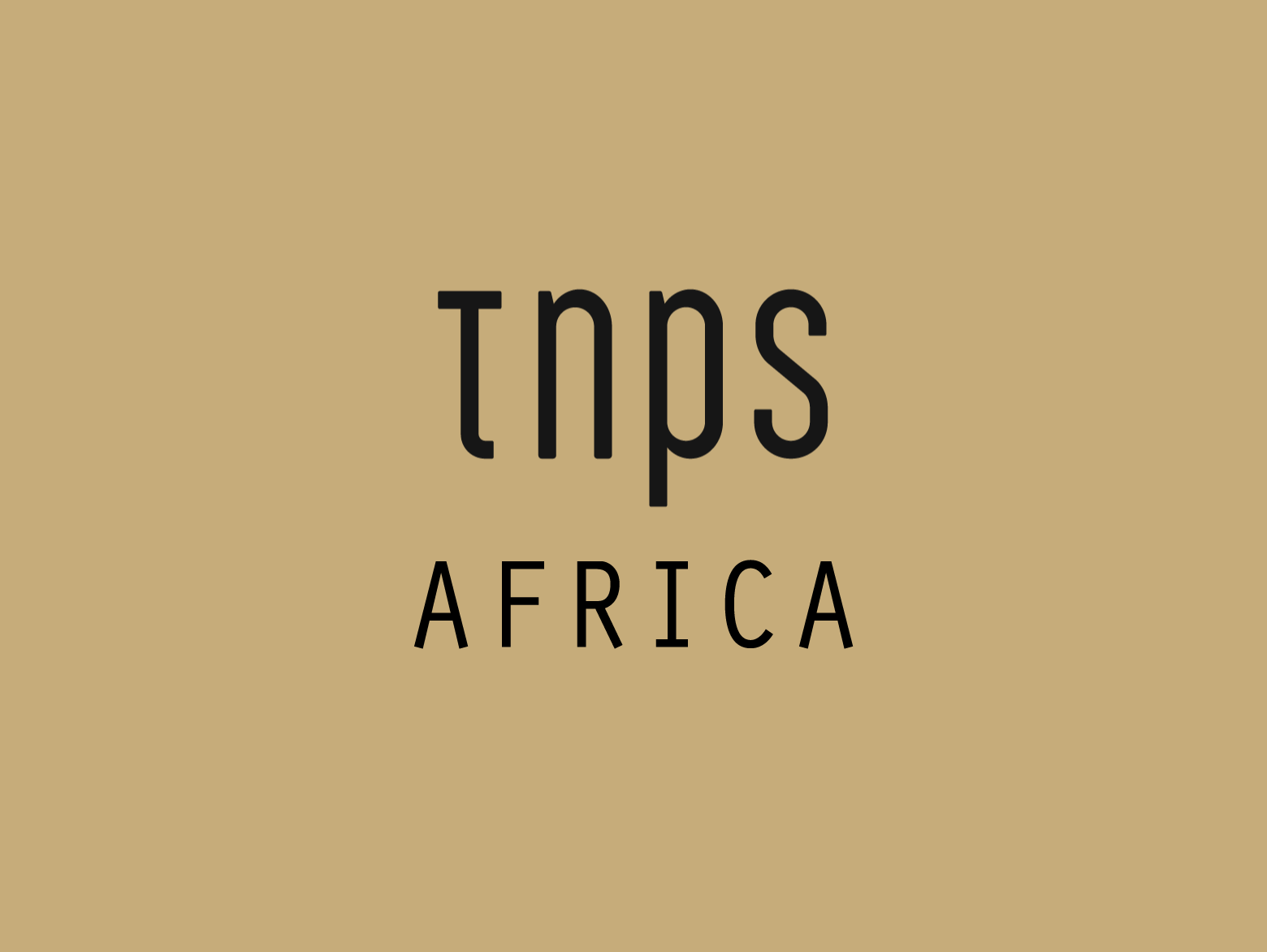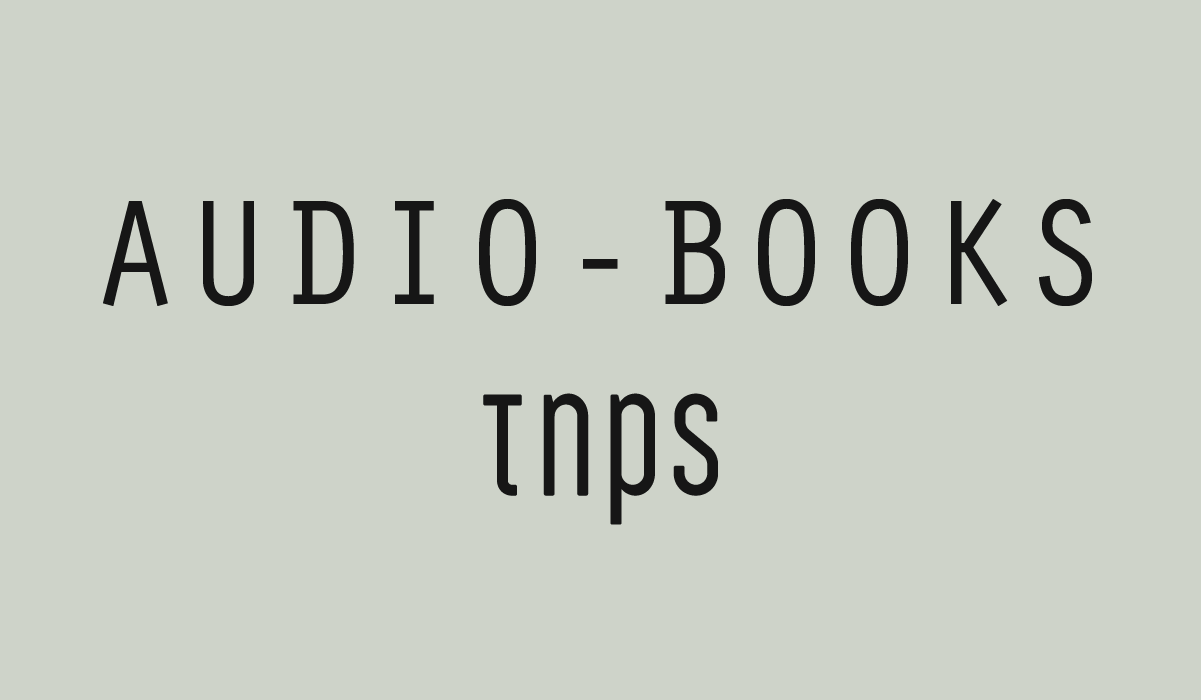At end March a body called Copyright Licensing New Zealand published a study on author earnings in New Zealand which embarrassingly only reached my desk this week (hat-tip to Book Squad).
Commissioned by Copyright Licensing New Zealand in conjunction with the NZ Society of Authors, NZ Writers’ Guild and Playmarket, the report by Horizon Research, entitled The Writers’ Earnings in New Zealand, surveyed a mix of fiction, non-fiction and children’s book authors.
On average, writers’ who took part in the research earned 31% of their personal income, or around $15,200 per annum, from their writing (up from 24% and an average of $13,500 in 2016). Just over half the respondents said that in addition to any income they earned from writing they relied on their partners’ income and/or relied on having a separate job to supplement their writing earnings. For 42% of the writers, the employment they had was unrelated to being an author.
NZD $15,200 equates to $10,200 USD.
Speaking for the New Zealand Society of Authors, its president, Siobhan Harvey, said,
It’s disappointing and deeply worrying to discover, thanks to this research, that most New Zealand authors earn an income well below the minimum, not to mention living, wage and have to supplement their earnings with additional work and/or support from family. As we strive to become a compassionate society, we must strive to understand and support the cultural vitality of our country, and enable our writers to sustain themselves financially.
While Jenny Nagle, CEO, NZ Society of Authors, said,
We must champion sustainable incomes for writers in order to support the creation of new art and a lasting cultural legacy, that is so necessary for all our well-being.
All of which again echoes the UK report last year which painted a similarly bleak picture of authors struggling to make ends meet, and had similar cries for better pay for authors.
But taking a step back, what’s missing here is any suggestion of how this perceived plight might be remedied. Calling for sustainable incomes for writers is all very well, but how might this idyllic situation come about? And at what price?
Writers are not coffee bar baristas or supermarket shelf stackers or bus drivers. We don’t, for books written, get paid by the hour, or by the page or word, or with a monthly salary.
We get paid according to how well our work performs in the marketplace. Any advance on the table is just an anticipation of that performance. And that performance has so many variables it would be impossible to put a value on a “fair wage” for an author.
But even if we could, is that really what authors want? Is it even remotely viable as an industry standard?
Leaving aside the all too often overlooked reality that, for most books, it is the retailer, not the publisher, that collects the lion’s share of the list-price, just how would this fair wage for authors work?
Do we count up the hours it took to write and pay the writer the national average wage for that many hours?
Let’s say a publisher offered Newbie Writer Jo $20 per hour – more than double the US minimum wage – in return for the rights to the novel Jo worked on for 6 hours a day, five days a week for four months.
That’s $3,600. Newbie Jo might think that not so bad. Especially if she’d written that book between shifts at Starbucks where she was earning $11 per hour.
But hold on. When Jo worked at Starbucks she knew, at the end of the month, she had to do it all again the following month or she wouldn’t get paid.
If we are demanding a fair wage for authors, for just how long is Jo’s publisher expected to keep paying Jo for the job after she’s finished doing it?
What makes a writer special that they should get paid for their work for months, years, even decades after they stopped doing it?
It’s fantastic that that is what can happen. And with digital, of course, any book can be on sale “forever”, bringing in revenue long after the last word is typed and long after the last breath is taken, even for writers who never attain celebrity author status.
Show me the coffee bar barista, supermarket shelf stacker or bus driver who has that earnings potential simply by doing their job?
So what is a fair wage for Jo? And at what point should this fair wage start? Should Jo be paid each week as the book is written? Or by the page? Or word count?
Does JK Rowling or Lee Child or John Grisham work harder to write 300 pages than Jo Unknown-Author?
Come to that, does JK Rowling work harder per hour than our friends the barista, the shelf-stacker or the bus driver?
The truth is, being a novelist or similar book author is really not a job like any other. And to the extent that it is, it is self-employment. Our publisher is not our employer, obliged to pay us a living wage.
We can argue until the cows come home about how fair or unfair a given publishing contract is, and of course it will be stacked in favour of the publisher. Life isn’t fair. Business certainly isn’t fair.
But we are not being forced to accept these contracts, and in 2019 we authors have options unimaginable fifteen years ago.
If I start my own coffee shop or bus service the wage I earn will be dependent on how many cups of coffee I shift or how many passengers I get on board.
Books are different, Unlike a bus-drive or a cup of coffee, a book can be sold hundreds, thousands, even millions of times with almost zero extra work going in.
It’s how many times the book sells that determines how much the author gets paid, not some arbitrary figure deemed to be fair or sustainable or a living wage, or a reflection of how much work goes into writing the book.
Advocates for better pay for authors would best spend their time looking at ways to ensure the books that are published have the best possible exposure to prospective readers, and that authors are realistic about the prospects for the type of book they write, and that they are aware they have options.
And most of all, those authors need to be busy writing their next book, not expecting the first to pay them a living wage for the rest of their lives.
Because it’s that next book that might be the runaway success that no barista, shelf-stacker or bus driver can ever dream of.
And that, of course, is precisely why we have the advance and royalty system. It rewards success. The more that book sells, the more the author earns. Just ask JK Rowling.
And isn’t that a big part of the attraction of being an author?
Where would JK Rowling be today if she’d agreed a fair wage for however many hours it took her to write each book?
Even is she was paid $10,000 for each hour for her labour as an author it would pale into insignificance besides the revenue she pulls in each day as an author being paid by sales volume.
And that’s the problem with the fair pay for authors argument.
As a one-time bestselling author that hasn’t put out a new book for three years I’m at ease with the fact that the money I was earning five years ago is now a distant dream.
My backlist titles still sell, and it’s a passive income I welcome, but it’s not something I feel in any way entitled to.
Are authors entitled to a fair wage?
When someone defines what a fair wage for an author is, I’ll let you know.





